Our sinus specialists are trained in the most advanced endoscopic surgical techniques. From the simplest nose and sinus problems to the most complex, our specialists provide patients with unmatched expertise and care.
We offer patients a full-range of medical and surgical management of clinical services for the diagnosis and treatment of sinus disease and nasal conditions including acute and chronic sinusitis, pediatric sinusitis, conditions affecting sections of the sinuses, nasal allergies, nasal obstructions, and deviated septums.
For patients experiencing persistent symptoms despite medical therapy, surgery might be indicated to correct chronic inflammations or severe conditions.
Symptoms of nasal and sinus problems include: headache, fatigue, cough, loss of the sense of smell and taste, nasal blockage or congestion, nasal drainage, sinus and facial pressure, and stuffiness.
Allergy
Seasonal allergic problems are typically considered hay fever in the spring and fall but perennial allergies may trigger problems throughout the year. Seasonal allergies classically are related to trees, grasses and weeds. Perennial allergies may be stimulated by molds, dust mite and pets.
Patients requiring allergy testing are now referred to allergy specialists in the Department of Internal Medicine.
Nasal Obstruction
Nasal obstruction can occur due to anatomic abnormalities of normal structures in the nose, or inflammatory processes that lead to swelling in the nose.
The most common causes of anatomic obstruction in adults are related to the shape and size of the nasal septum and turbinates, and less commonly the size of the adenoids.
Treatment for nasal obstruction may include septoplasty to correct septal deviation; turbinate reduction to reduce swollen or excess tissue; and surgical removal of the adenoids.
Sinusitis
Sinusitis, or inflammation of the lining of the nose and sinuses, is a common condition affecting 31 million Americans resulting in 18 million doctor visits and more than 200,000 sinus surgeries in the US each year.
The sinuses are air-filled cavities of the bones around the nose and consist of:
- Maxillary sinuses in the cheekbones
- Ethmoid sinuses between the eyes and behind the bridge of the nose
- Frontal sinuses over the eyes in the forehead
- Sphenoid sinuses behind the ethmoid sinuses in the middle area behind and between the eyes
Each sinus has an opening into the nose for the drainage of mucous. Chronic inflammation of the lining (mucosa) interferes with proper sinus drainage by obstruction of these pathways. Any cause of swelling such as an infection or allergic reaction can cause sinusitis by blockage of the drainage pathways, and the trapped and infected mucus secretions can cause symptoms of sinus pressure, pain, and headaches.
Acute sinusitis is a bacterial infection lasting less than 4 weeks, while chronic sinusitis lasts for longer than 12 weeks. It is thought that some patients with acute bacterial sinusitis progress to chronic sinusitis, but this has never been proven.
Chronic sinusitis is likely a multifactorial disease in which the membranes of the sinuses and the nose are constantly inflamed. Many patients with chronic sinusitis have asthma and/or allergies. Exposure to environmental allergens (e.g. dust mites, mold, pets, weeds) may contribute to chronic inflammation of the sinuses and respiratory system. Other non-allergic environmental triggers for sinusitis may include secondhand smoke and pollution. Nasal polyps can also cause chronic sinusitis by blocking normal sinus drainage.
Medical treatment for sinusitis may include: antibiotics, steroid sprays, saline rinses, or allergy treatments.
Surgical treatment is usually only recommended for those patients, who experience recurrent or persistent problems despite proper medical treatment. The concept of surgical treatment is based on restoring the natural function of the sinuses.
Nasal polyp removal
Polyp removal, or polypectomy, relieves symptoms by immediately improving airflow through the nasal passages. Traditionally performed in the operating room under general anesthesia, polypectomy can now be performed during a routine physician office visit under local anesthetic using a new, hand-held device that removes polyps quickly, easily, and virtually painlessly.
This new treatment offers a much-needed alternative for patients with difficulty sleeping, breathing and losing their senses of smell and taste due to nasal polyps. Results are immediate and patients can avoid the side affects of some medical steroid treatments.
Functional endoscopic sinus surgery (FESS)
Functional endoscopic sinus surgery, is performed through the nose using endoscopes with visualization by high definition video monitoring. There are no incisions on the face nor inside the mouth. It is performed under general anesthesia usually as an outpatient with discharge the same day.
Any of the sinuses can be approached by this surgical technique. Polyps can be removed, the septum may be straightened, and the turbinates can be reduced in size.
In most cases, good long-term results are achieved, but recurrent disease may occur depending on history of polyps, allergy, smoking and immunologic problems.
The complication rate of endoscopic sinus surgery is very low because of more widespread subspeciality training of sinus surgeons and also more precise techniques of sinus instrumentation.
Physicians
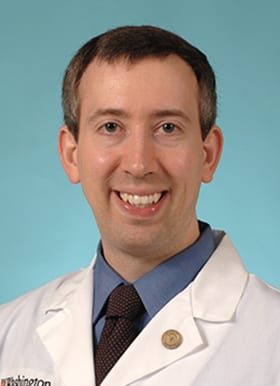
Andrew J. Drescher, MD
Associate Professor of Otolaryngology—Head and Neck Surgery
Castle Connolly Top Doctor
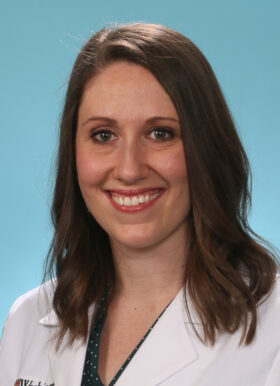
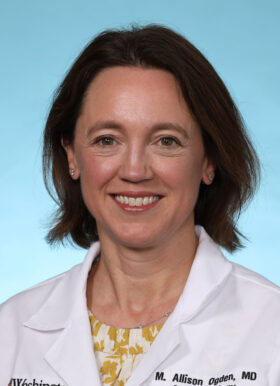
Margaret Allison Ogden, MD, FACS
Professor of Otolaryngology—Head and Neck Surgery
Castle Connolly Top Doctor
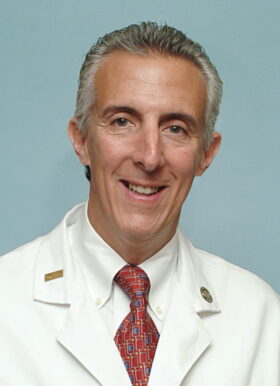
Jay F. Piccirillo, MD, FACS
Professor of Otolaryngology—Head & Neck Surgery
Castle Connolly Top Doctor
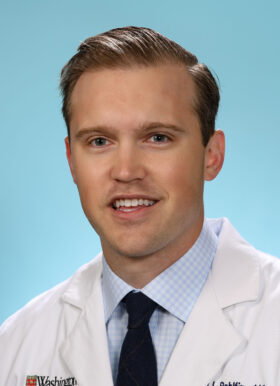
Matthew L. Rohlfing, MD
Assistant Professor of Otolaryngology—Head & Neck Surgery
- Phone: 314-362-7509
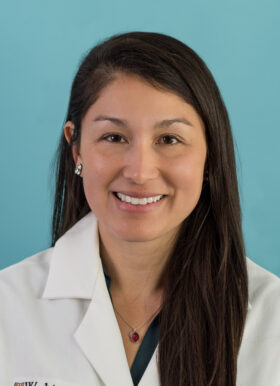
Lauren Roland, MD, MSCI
Assistant Professor of Otolaryngology—Head & Neck Surgery
Dr. Roland is a specialist in rhinology and anterior skull base disease, including chronic rhinosinusitis, nasal polyps, fungal sinusitis, nasal obstruction, and CSF leaks.
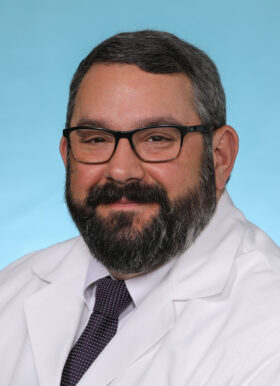
John S. Schneider, MD, MA, FACS
Associate Professor of Otolaryngology—Head & Neck Surgery
Chief, Division of Rhinology